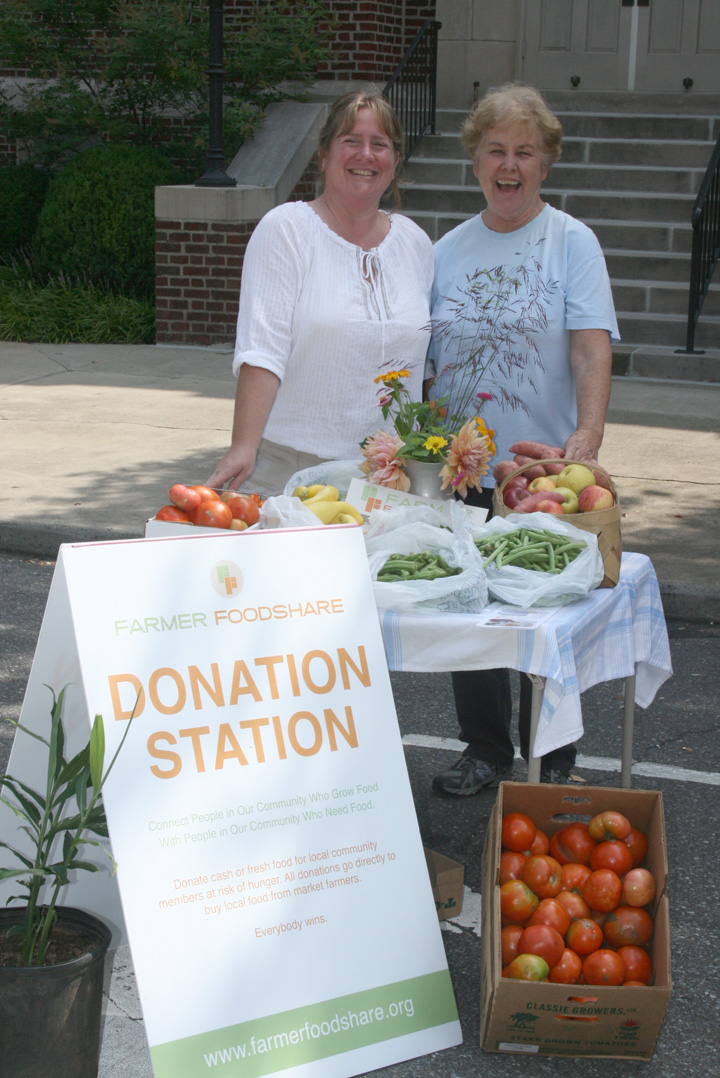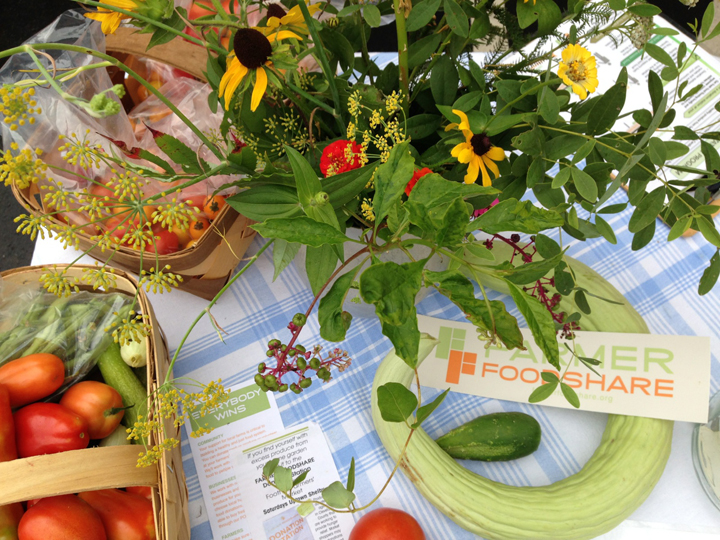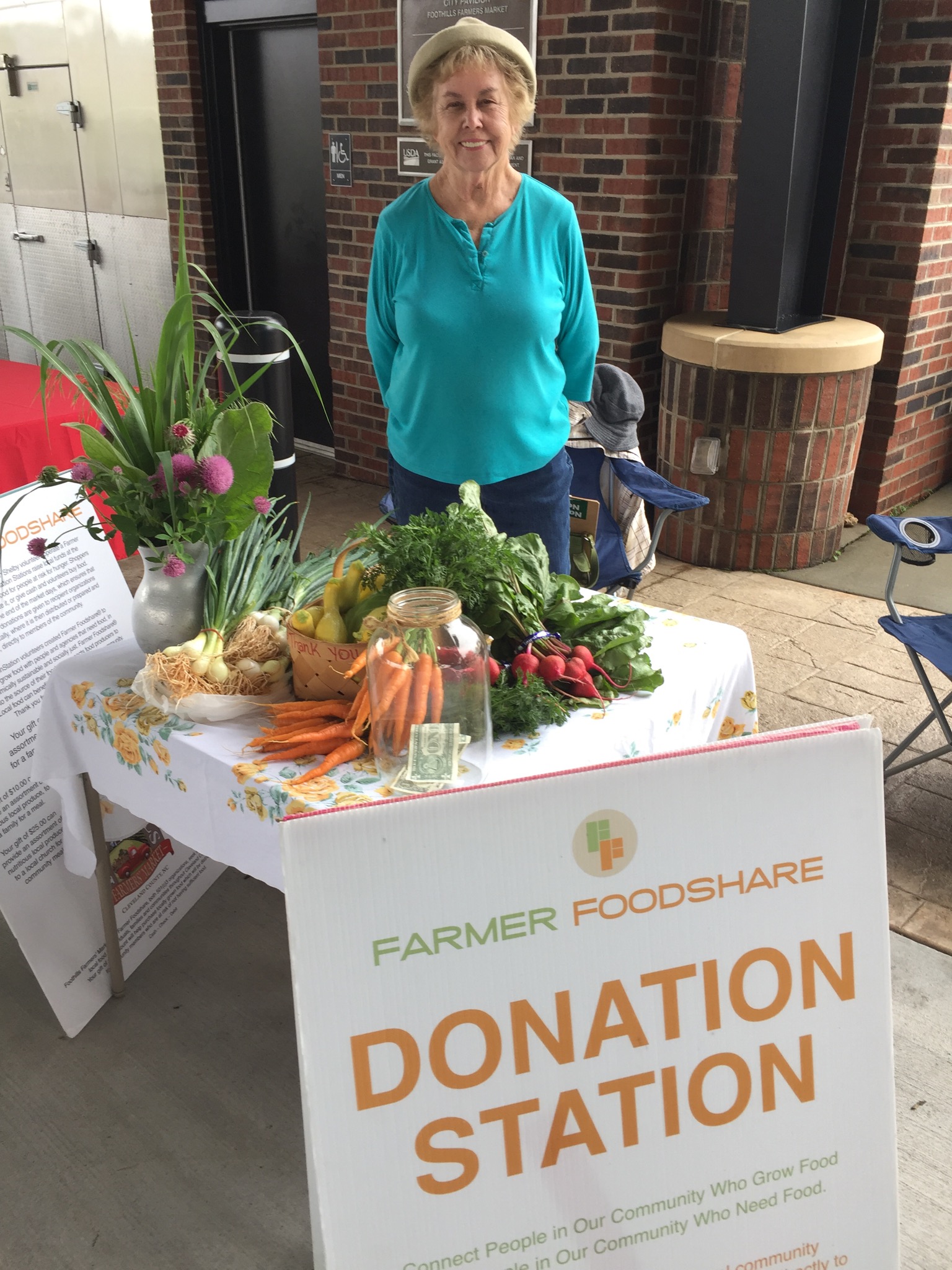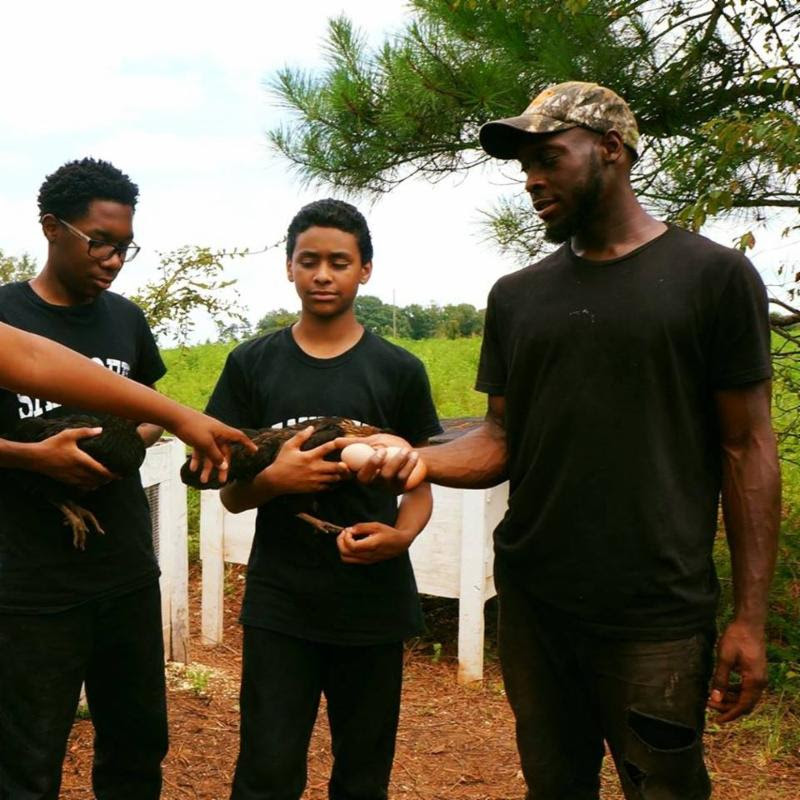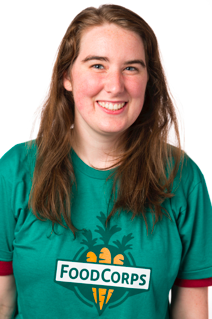Dairy makes me depressed. Literally.
Don’t get me wrong, I was a huge milk drinker growing up (a glass with every meal!), and when I went vegetarian in high school, I overcompensated with all the greek yogurt and cheese in the world. As if the normal coming-of-age chaos during my time in high school wasn’t enough, the massive wave of dairy only further deepened my depression and anxiety.
I didn’t realize this at first. It wasn’t until the end of my junior year that I stepped back and listened to my body. I realized that absolutely nothing in my life had changed, other than removing meat and adding too much dairy. I remember one sleepless night where I was feeling especially horrible about the way my body and mind felt, then suddenly I had this revelation that called me to veganism. My mother treated it like teenage pregnancy: “This is going to be such a burden on the family…,” “this will be so costly…,” “another meal I have to cook!?”
Did you know that 95% of serotonin is produced in the gut? I find this absolutely mind-boggling. But it kind of explains why, for me, dropping the dairy and eating more greens really helped my depression and anxiety. The point of this story is not to tell you to stop eating dairy; instead, I want you to listen to your body and ask whether the things you are eating serve you and make you feel good.
As if being vegan wasn’t already too much “woo-woo” for my mother to handle, I got super into yoga. I’m now a certified yoga teacher and very passionate about the intersection between what we learn on our mats about mindfulness and what we put on our plates. The classic yoga text the Yoga Sutras of Patanjali outlines clear ethical guidelines in the form of yamas (social restraints) and niyamas (self-disciplines.)
The first yama, ahimsa, translates to non-violence. Ahimsa calls us to consume food that is produced ethically and sustainably. Ahimsa asks us to self-reflect and determine whether we are contributing to the violence that is the industrial food system and reroute our actions. The first niyama is saucha which means purity of the body, soul, and mind. Being mindful of saucha enables awareness of the food we put into our bodies – staying away from food that is toxic to us in order to strengthen the mind-body connection. Reminding myself of ahimsa and saucha before I buy or make food allows me to address numerous factors:
Who picked my food?
Where was my food grown?
How did it get to my plate?
Does the cost of my food equitably compensate the people involved in getting it to my plate?
What environmental degradation occurred so that I could eat this meal?
Am I wasting food?
Am I really hungry?
Am I full?
Am I nourished?
What we practice on the mat in yoga has the ability to extend into every outlet of our lives, even to the dinner table. Yoga is about listening to our bodies, being mindful of our actions, and learning to detach from anything not serving our greater purpose. Yoga calls us to be mindful of what we are putting into our bodies and where this food comes from. Practicing mindfulness is an effective way to recognize the flaws in our food system and allows us to make better choices to resist this system.
If you want to learn more about the intersection between yoga, mindfulness, and food – join Farmer Foodshare for a yoga class followed by a small meal and discussion of mindful eating. I will be leading the flow and discussion, and Everette Oxrider, another Farmer Foodshare intern, will provide optional adjustments and modifications during yoga. This flow will be accessible to all levels of practitioner, target all muscle groups, increase flexibility, and will strengthen the connection between mind, body, and soul. Come breathe, stretch, and eat with Farmer Foodshare in community.
Event Details:
WHEN? Sunday, April 7, 5:00-6:30pm
WHAT? One hour of vinyasa yoga followed by a light meal and presentation
WHERE? Bull City Cool Food Hub, 902 North Mangum Street, Durham NC 27701 (at the corner of Geer St and Mangum St)
WHERE TO PARK? There is a small parking lot out front, but there is also plenty of free street parking along Mangum
WHAT TO BRING? We will have some mats, but feel free to bring your own!
WHAT TO WEAR? Comfy, stretchy clothes you can move in! No special footwear required—yoga is practiced barefoot
More details? Check out the Facebook Event for updates, questions, and to RSVP





















